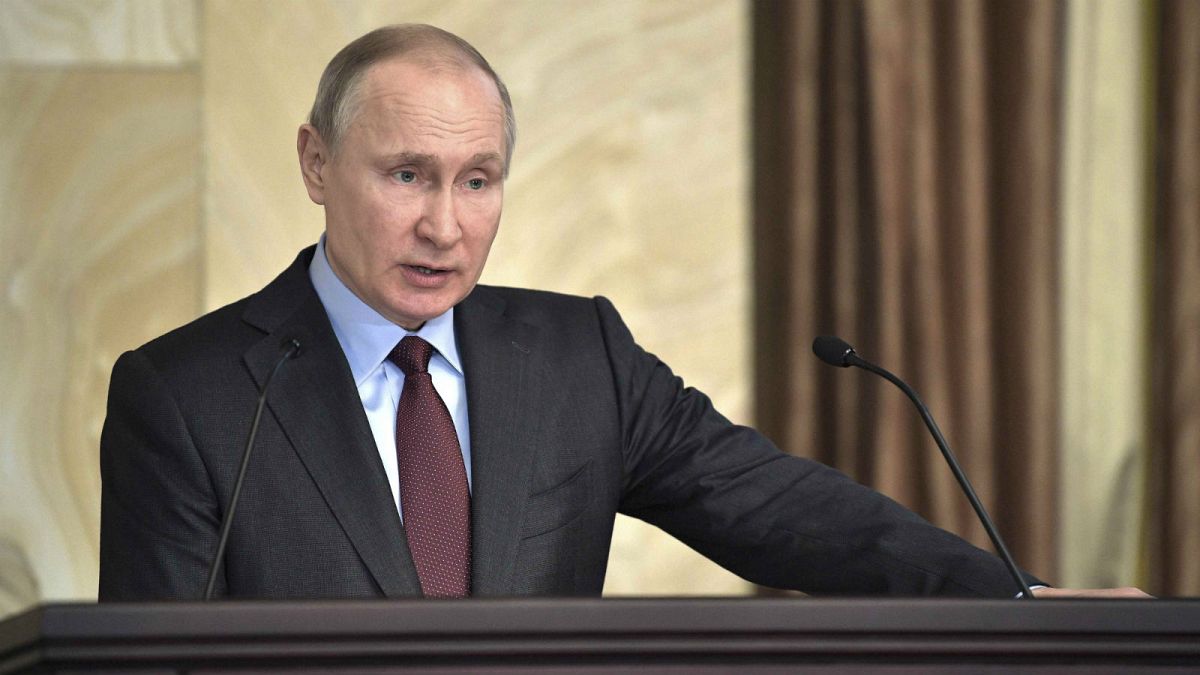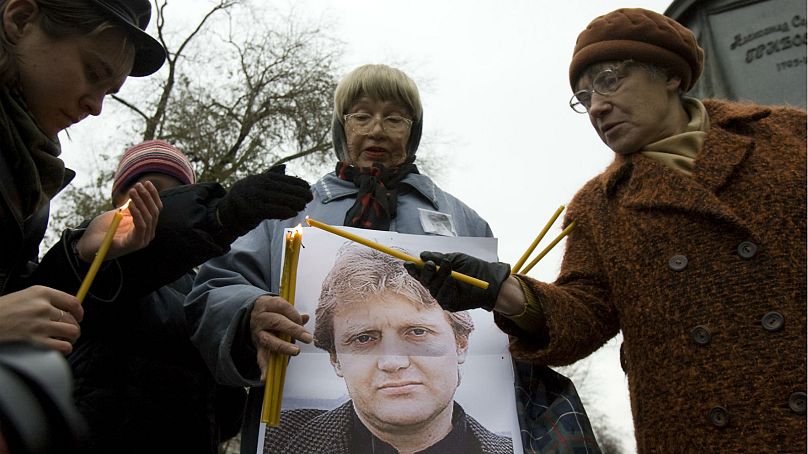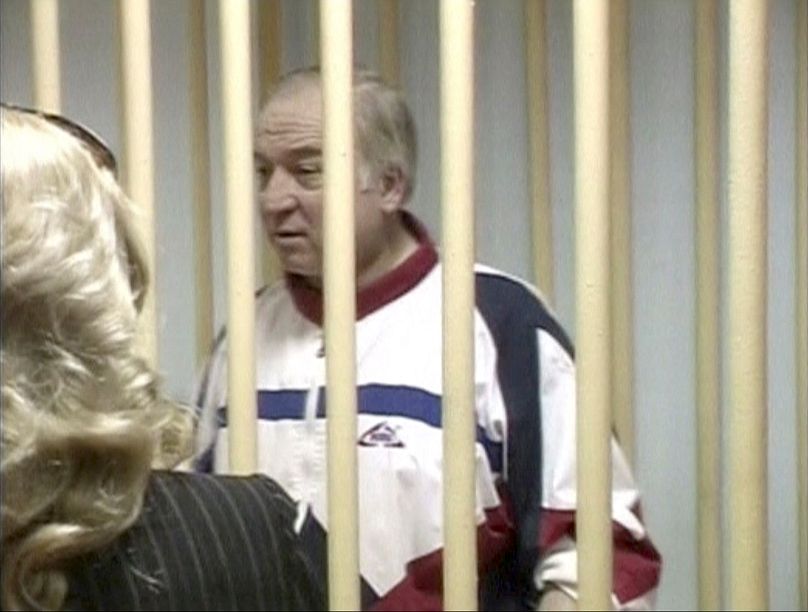Experts are divided over whether legislation passed 12 years ago could be linked to the poisoning in Salisbury.
The poisoning of a Russian former spy and his daughter in Salisbury, England, has raised questions around the possible involvement of Moscow.
Boris Johnson, the UK foreign secretary, himself pointed to the link with the 2006 murder of ex-spy Alexander Litvinenko, which a British inquiry said was “probably” ordered by the Russian government.
For its part, Moscow has unequivocally denied involvement in the poisoning of both Litvinenko, and Sergei and Yulia Skripal.
But what does the law in Russia say about extrajudicial assassinations? And if it was ordered by President Vladimir Putin, could it have been legal?
The law
Legislation adopted in 2006 formally permits extrajudicial killings abroad of those Moscow accuses of extremism and terrorism.
The law — passed by the Upper House of the Russian parliament, or Federation Council, in July of that year — authorises the Russian president to use the country's armed forces and special services outside of its borders to combat the threats.
The change in legislation followed the murder of four Russian Embassy employees in Iraq by a group affiliated with al-Qaeda, and was presented as an attempt to legitimise the president’s directive to find and kill the terrorists.
However, it also gave the president far-reaching powers.
Presidential power
Under the law, the president is required to inform the Upper House of plans to use the special forces or army abroad, but is allowed to keep key details secret, such as a unit’s size and the operation’s location.
Natasha Kuhrt, a Russia specialist at King’s College, London, said the legislative changes in 2006 meant that any terrorism operation “would not be subject to either international accountability or parliamentary oversight.”
“Full discretion would be given to the head of any counter-terrorism operation,” she explained.
Russian human rights group Memorial was among those to strongly criticise the legislation in 2006.
In an open letter, it argued that the country’s top leaders had long turned a blind eye to the activities of “death squads” in the North Caucus, and predicted that those activities would now be seen in other countries too.
However, Russian lawmakers insisted that they were emulating the actions of countries like Israel and the US in allowing the use of military and special forces abroad to combat external threats.
“Given the securitised context of such actions it is accepted in all three cases [Russia, the US and Israel] that the President or equivalent has the right to order such operations,” explained John Russell, Emeritus Professor of Russian and Security Studies at the University of Bradford.
Link to Skripal?
Experts are divided on whether the law could actually be linked to the Skripal poisoning.
“Clearly, if as the law says that anyone can be targeted who is designated as an enemy/danger to the Russian state within or without Russia, then someone like Skripal could be targeted,” said Kuhrt,
Others suggested it was possible that the legislation had emboldened Russia's security services to carry out the attempted assassination without direct orders from Putin.
“It is sufficient since they passed the seek and destroy act back in 2006, that there are members of the Russian security services who possibly thinking they are doing what Putin wanted, took action themselves. Maybe someone with a grudge,” British intelligence analyst Glenmore Trenear-Harvey told NBC News.
Russell, meanwhile, said it was “highly unlikely” that Skripal could be perceived a terrorist under such legislation, but agreed that it could still be linked.
“My initial view is that private interests, possibly from former officials within Russian security structures, used channels that may exist due to such legislation (assisted by informal links with state structures) to exact revenge on someone that they might have regarded as a traitor, possibly with the (on the face of it counterproductive) intention of ingratiating themselves with the President,” he said.
Others ruled out a connection altogether.
“The alleged poisoning in Salisbury would... not fit the case of a ‘counter-terrorist operation’ under RF [Russian Federation] law,” legal experts William Simons and Mikhail Antonov told Euronews, adding if Russia was proven to be involved in the case it would likely be through the Federal Security Service.
James Nixey, Head of the Russia and Eurasia Programme at Chatham House, said the poisonitself would provide the biggest clue.
“In time what can be done is the chemical imprint of the created element can indeed be traced back to where it was made."


